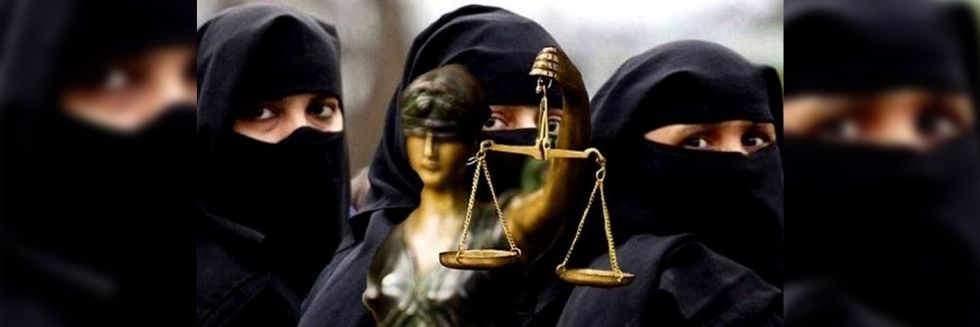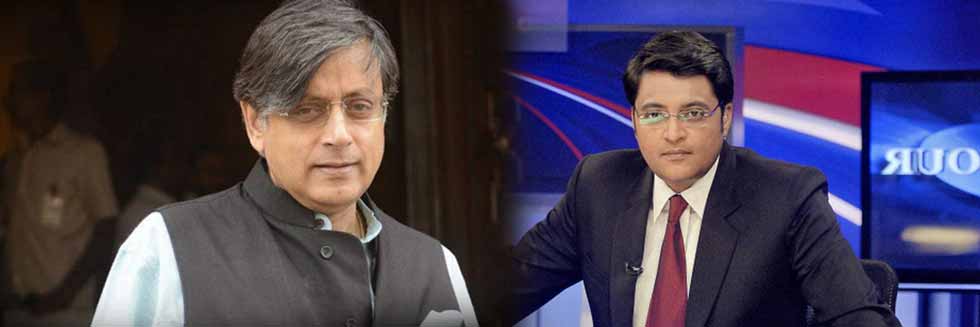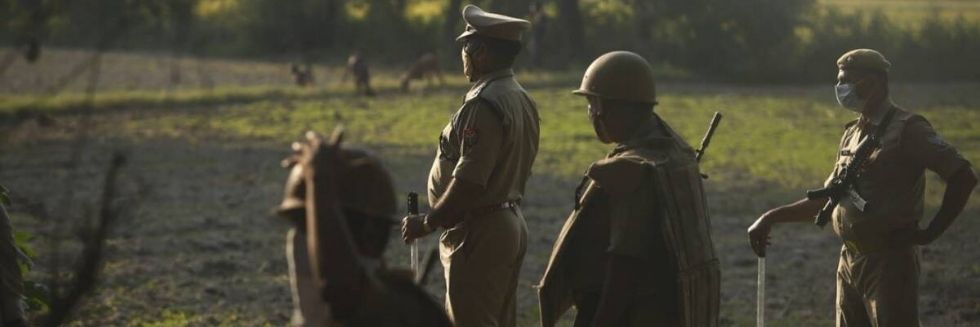Every person is in shock and is looking for reasoning on the basis of which the Supreme Court has set all three convicts in Chhawla gangrape and murder case free. The order has led to massive protests and outrage among the public.
On Monday, Supreme Court acquitted all three men who allegedly gang-raped and murdered 19-year-old Kiran Negi in 2012. The three were awarded death penalty by a Delhi Court in February 2014 and then by Delhi High Court in August 2014.
“For more than 10 years, we fought in the courts, hoping that our daughter will get justice. But after the Supreme Court’s decision to acquit all three accused, we have lost our faith in the judiciary… We have also lost the will to live. We got this injustice because we are poor and not politicians or ministers. What we expected for the accused, the judiciary gave it to us,” said the father of the deceased who works as a security guard to support his family of four.
As per the case details, they abducted Kiran and raped her for three days. After sexually assaulting her, they poured acid on her face and in her eyes too. They inserted screwdriver in her eyes and broken bottle pieces in her private parts. The police recovered her body on February 14 in a field of Rewari, Haryana. There were cigarette and iron rod scars on her body too.
Reasons Why Supreme Court Acquitted 3 Men Sentenced To Death Penalty In 2012 Kiran Negi Gangrape And Murder Case
The bench headed by Chief Justice U U Lalit which also comprised Justice Bela M Trivedi and Justice S Ravindra Bhat found lapses in the trial and gave the accused men “benefit of doubt”. Here are the reasons that are cited as the basis of SC judgment.
- The bench noted that the prosecution failed to prove charges beyond reasonable doubt against the three accused and therefore leaving the court with no alternative but to acquit them.
- SC noted that the three accused were deprived of their right to fair trial.
- Noting that there were several glaring lapses in the trial, the bench stated that prosecution witnesses were not either cross-examined or adequately examined. It was stated that out of 49 witnesses examined by the prosecution, 10 material witnesses were not cross-examined and many other important witnesses were not adequately cross-examined by the defence counsel.
- As per the top court, no witnesses identified the accused during their depositions. The bench stated that no TI Parade was conducted by the investigating officer. Therefore, the very identity of the accused having not been duly established, the entire case of the prosecution falls flat on the very first circumstance having not been duly proved by any evidence much less clinching evidence, against the accused, the bench said.
- The bench also doubted the evidence recovered in the case. Recovery of a strand of hair found from the body of the victim is also highly doubtful, as the body was lying in the open field for about three days and three nights, the Court said.
- The body of the deceased woman also did not show any signs of putrefaction, and it is highly unlikely that the dead body would have remained in the field for three days without being noticed by anybody, the bench said.
- The apex court observed that neither the trial court nor the high court examined the underlying basis of the findings in the DNA reports. Adding more to this, they didn’t examine the fact of whether the techniques were reliably applied by the expert. The bench stated that in the absence of such evidence on record, all the reports with regard to DNA profiling become highly vulnerable, particularly when the collection and sealing of the samples sent for examination were also not free from suspicion.
- It’s left to the wisdom and discretion of the trial courts to exercise their powers under the Indian Evidence Act for eliciting the truth in the cases before them, howsoever heinous they may be, the bench noted.
- The bench noted that it may be true that if the accused involved in the heinous crime go unpunished or are acquitted, a kind of agony and frustration may be caused to society in general and to the family of the victim in particular. However, the law does not permit the courts to punish the accused on the basis of moral conviction or on suspicion alone. “No conviction should be based merely on the apprehension of indictment or condemnation over the decision rendered,” the bench said. The bench went on to observe that every case has to be decided by the courts strictly on the merits and in accordance with the law without being influenced by any kind of outside moral pressures or otherwise.






